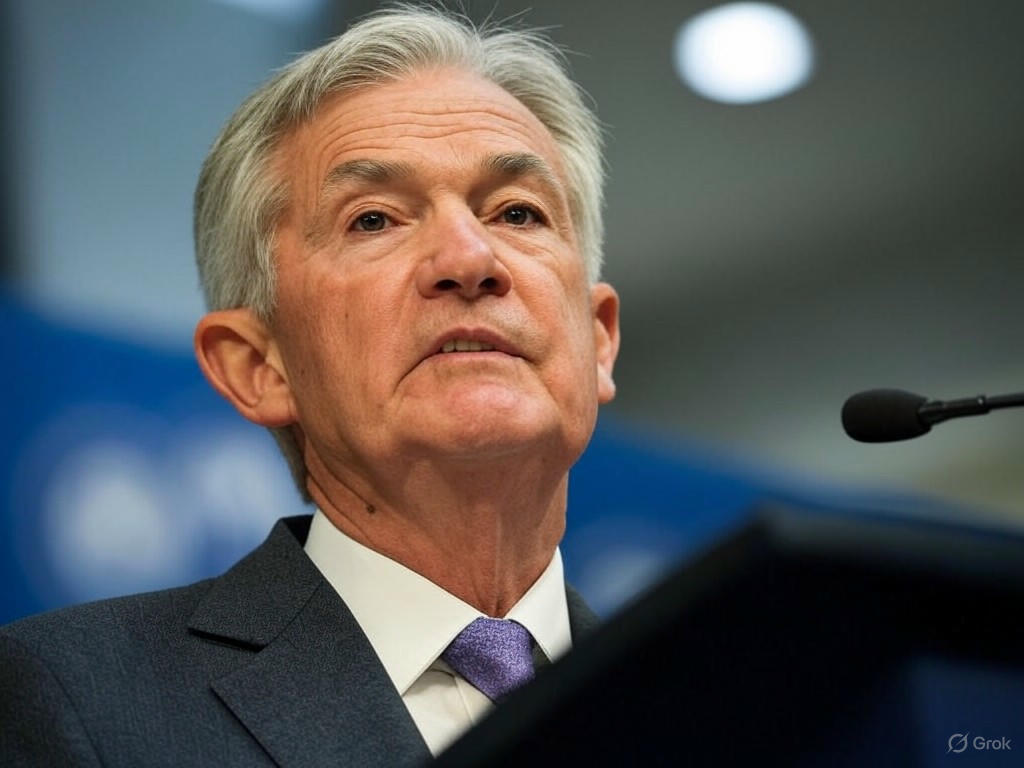In a groundbreaking move, the Federal Reserve has announced a significant policy change that could reshape the landscape of cryptocurrency banking in the United States. The central bank has decided to eliminate its long-standing practice of evaluating ‘reputational risk’ when overseeing financial institutions engaging with digital assets. This decision marks a pivotal moment for the crypto industry, which has often faced stringent barriers when integrating with traditional banking systems. By removing this layer of scrutiny, the Fed is signaling a more welcoming stance toward blockchain-based technologies and their potential role in the broader financial ecosystem.
For years, banks and financial institutions have hesitated to dive into the cryptocurrency space, largely due to concerns over regulatory backlash and the perceived risks tied to the volatile nature of digital currencies. The Fed’s previous focus on reputational risk meant that institutions could face penalties or heightened oversight simply for associating with crypto-related businesses, even if their operations were legally sound. This created a chilling effect, with many banks opting to steer clear of partnerships with crypto firms to avoid potential scrutiny. Now, with this policy reversal, the gates are opening for more seamless collaboration between traditional finance and the burgeoning world of decentralized assets. Industry experts believe this could lead to an influx of banking services tailored for crypto users, such as custodial solutions, lending platforms, and even integrated payment systems.
The timing of this policy shift is particularly noteworthy. As cryptocurrencies like Bitcoin and Ethereum continue to gain mainstream traction, the demand for regulated, secure banking services in the sector has never been higher. Startups and established players alike are eager to bridge the gap between fiat and digital currencies, but regulatory uncertainty has often stood in the way. With the Fed’s latest decision, announced on June 23, 2025, the path forward appears clearer. Financial institutions may now feel more confident in exploring innovative offerings without the looming fear of reputational penalties. Some analysts predict this could accelerate the adoption of digital currencies in everyday transactions, bringing crypto closer to the average consumer.
However, this change doesn’t come without its share of concerns. Critics argue that loosening oversight might expose the financial system to untested risks, given the crypto market’s history of volatility and occasional high-profile scams. While the Fed has not entirely abandoned its regulatory role, the removal of reputational risk as a focal point raises questions about how it will balance innovation with consumer protection in this rapidly evolving space.
As the dust settles on this historic policy update, one thing is certain: the Federal Reserve’s decision to ease restrictions on crypto banking is a bold step toward integrating digital assets into the mainstream financial system. Whether this move will unlock unprecedented growth or invite unforeseen challenges remains to be seen, but for now, the crypto industry is celebrating a long-awaited victory.
